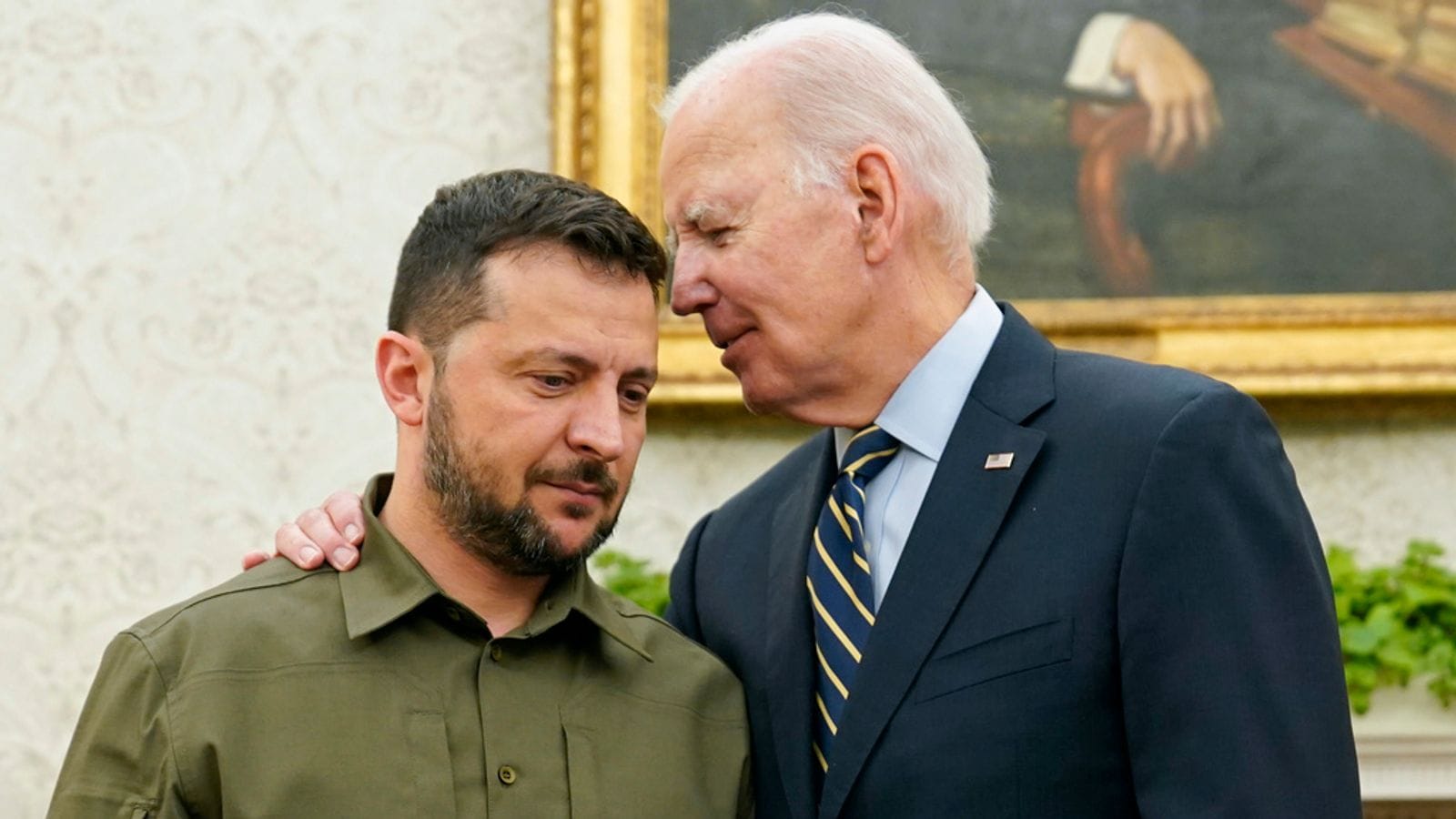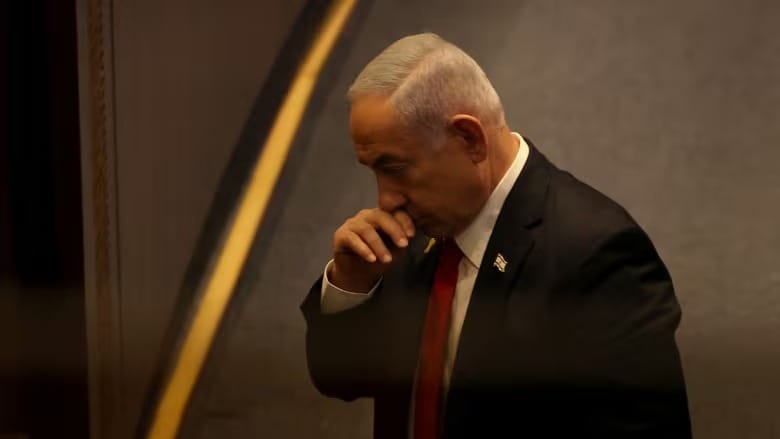Russia warns U.S. to avoid escalating Ukraine war by giving OK to long-range missiles
Trump spokesperson pans move, which has not been officially confirmed by Biden administration

The Kremlin warned on Monday that if the U.S. allows Ukraine to launch long-range strikes with American missiles deep into Russia, it would constitute direct U.S. involvement in the conflict.
In response to reports from the weekend about the Biden administration’s decision regarding long-range strikes, Kremlin spokesperson Dmitry Peskov pointed out that these reports lacked official confirmation. “If such a decision has indeed been made and communicated to the Kyiv regime, then it marks a new level of tension and a fundamentally different situation in terms of U.S. involvement in this conflict,” Peskov stated.
President Vladimir Putin had previously clarified Russia’s stance during a speech in St. Petersburg in September. Peskov referred to Putin’s remarks on September 12, where he stated that Western approval of such actions would signify the “direct involvement of NATO countries, the United States, and European countries in the war in Ukraine,” because NATO forces would be required for targeting and launching the missiles. “It is clear that the outgoing administration in Washington plans to continue escalating tensions and stoking the conflict,” Peskov added.
Sources from U.S. media reported on Sunday that the Biden administration had authorized long-range strikes, citing U.S. officials familiar with the decision. The reports suggested the decision was partly in response to the arrival of North Korean soldiers in Russia's Kursk region to assist in countering Ukrainian actions.
Ukraine is reportedly planning its first long-range strikes in the coming days, although details are not being disclosed for security reasons. This move follows months of appeals from Ukrainian President Volodymyr Zelenskyy, requesting permission for Ukraine's military to use U.S. weapons to target Russian forces farther from its border.
In a Sunday address, Zelenskyy acknowledged the reports about Ukraine’s approval for long-range attacks, but emphasized, “Strikes are not announced with words. The missiles will speak for themselves.”
The U.S. White House and State Department declined to comment, and the Ukrainian Foreign Ministry and President's Office did not immediately respond to requests for clarification.
Ukraine’s first deep strikes are expected to involve ATACMS rockets, which have a range of up to 306 kilometers. While other allies have been supplying weapons to Ukraine, there have been restrictions on their use within Russia, due to concerns that such actions could provoke retaliation or escalate the conflict, possibly drawing NATO into the war or risking nuclear escalation.
Polish President Andrzej Duda expressed support for the move, if confirmed, stating that it would demonstrate strong Western backing for Ukraine, reinforcing the unyielding stance of the West. “This decision was very necessary,” he said, calling it “a potentially decisive moment in this war.”
However, Germany, which is Ukraine’s second-largest military donor after the U.S., has been hesitant to provide long-range Taurus missiles, with a government spokesperson reiterating that Chancellor Olaf Scholz’s position remains unchanged.
As for the potential shift in U.S. policy, uncertainty remains over whether President-elect Donald Trump will reverse the decision once he assumes office. Trump has criticized the level of U.S. military and financial aid to Ukraine and has suggested he could quickly end the war without detailing his approach. A spokesperson for Trump did not immediately comment on the matter, but one of his top foreign policy advisers, Richard Grenell, criticized the Biden administration’s decision, calling it an “escalation” before leaving office.
Some U.S. lawmakers have urged the Biden administration to ease the restrictions on how Ukraine uses U.S. weapons. Senior officials in the Biden administration have expressed their intent to ensure Ukraine remains equipped for the coming year of conflict or is in a stronger position to negotiate peace.
In related developments, it’s believed that over 10,000 North Korean soldiers have been deployed to eastern Russia, most of whom are now operating in the Kursk region, engaging in combat. Ukraine’s brief occupation of a portion of the Kursk region earlier this year marked the first use of U.S. weapons on internationally recognized Russian soil since the war began in 2022.
Despite personnel shortages, Ukrainian forces have lost some of the territory captured in their August incursion into Kursk.
In an assessment of the timing of the decision, Alex Plitsas from the Atlantic Council noted that removing targeting restrictions would allow Ukraine to fight more effectively. However, he suggested that the decision had come “way too late,” much like other significant U.S. military support such as ATACMS, HIMARS, Bradley vehicles, Abrams tanks, and F-16s, which he believes were needed earlier.
On the frontlines, a Russian missile attack on Monday killed at least 8 people and injured 18 in the Ukrainian port city of Odesa, according to local governor Oleh Kiper. Among the victims was a child, and four people were reported to be in serious condition. The attack also left approximately 320,000 people in the city without power.





